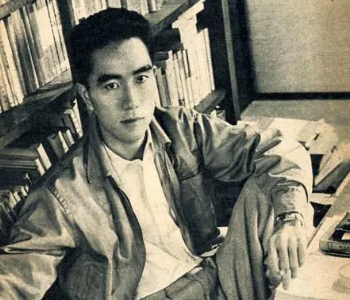Qin Shi Huang, the first emperor in Chinese history to achieve unification, reigned over a controversial era. Under his reign, there were indeed no large-scale rebellions or uprisings. The reasons behind this are both Qin Shi Huang's strong political skills and the credit of a series of reform measures he implemented.

Firstly, during his reign, Qin Shi Huang implemented a strict legal system and a centralized system of government. The laws of the Qin Dynasty were extremely harsh, with severe punishments for offenders, making the people dare not easily violate the law. At the same time, Qin Shi Huang abolished the feudal system and implemented the prefecture and county system, strengthening the central government's control over local areas and effectively suppressing the separatist tendencies of local forces.
Secondly, after unifying the six kingdoms, Qin Shi Huang took a series of measures to eliminate potential resistance forces. He relocated a large number of powerful families to Xianyang for easier monitoring and control. At the same time, he also ordered the collection of civilian weapons to prevent them from falling into the hands of possible anti-Qin forces. These measures greatly weakened the material foundation and human resources of the opposition.
Furthermore, during his reign, Qin Shi Huang vigorously promoted the construction of infrastructure, such as the building of the Great Wall and the construction of straight roads. Although these projects consumed a lot of manpower and material resources, they also absorbed possible unstable factors to a certain extent. At the same time, the construction of these infrastructure projects also strengthened the country's overall defense capabilities, making external invasions and internal rebellions more difficult.
Lastly, Qin Shi Huang implemented cultural unification policies, including standardizing the written language, vehicle gauges, and measurement units. These measures strengthened the national sense of unity and reduced conflicts and disputes arising from cultural differences. The unified written language and measurement system also helped strengthen the central government's propaganda and control efforts.
In summary, the reason why no one dared to rebel during Qin Shi Huang's reign was because his iron-fisted policies and a series of reform measures effectively suppressed dissenting voices and strengthened centralization. Although the Qin Dynasty's reign brought a certain degree of social stability, its overly harsh laws and cruel governance methods also foreshadowed the short-lived nature of the dynasty. Qin Shi Huang's reign is a complex phenomenon worthy of in-depth study in ancient Chinese history.
Disclaimer: The above content is sourced from the internet and the copyright belongs to the original author. If there is any infringement of your original copyright, please inform us and we will delete the relevant content as soon as possible.































